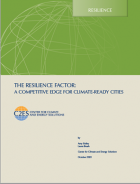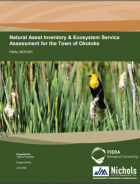Alberta Institute of Agrologists 13th Annual Conference on Agriculture, Food and the Environment
Agriculture: Resources & Policy Session
March 16, 2017
Western Grains Research Foundation (WGRF) in Transition (Garth Patterson, WGRF)
Garth Patterson, Executive Director WGRF provides an overview of the WGRF role in funding crop research that benefits Western Canadian farmers and the changes it is making in 2017.
The Western Grains Research Foundation (WGRF) is recognized for its leadership in funding field crop research and for its collaboration with many funders. Founded in 1981, WGRF is an independent, charitable foundation, directed by farmers. With $19.7 million expended in 2015, WGRF is the largest producer funder of crop research in Canada. WGRF’s focus on funding research, western Canadian membership base and multi-crop funding scope are unique. Over the past five years research supported from the Endowment Fund has increased 9.7 fold, from $0.9 million in 2011 to $8.7 million in 2015.
With the recent creation of new producer commissions/associations in western Canada, all major crops are now represented by a producer organization mandated to collect a check off. With the end of the Western Canadian Deduction (WCD) on July 31, 2017, wheat and barley commissions/associations will assume responsibility for the consolidation of the WCD into their respective check-offs. However, WGRF will remain involved in wheat and barley variety development for a number of years through long term program commitments and ongoing use of royalty funds.
Over the next four years WGRF will transition the Endowment Fund away from funding of single crop research to a targeted approach for soliciting and funding research from an integrated crop and whole farm perspective, with emphasis on cross-commodity benefits. Outcomes are expected to have a positive impact on producers’ long term sustainability from the perspectives of resources (soil, water, air) and economics. It is anticipated that a systems approach, including multidisciplinary research, across a broad geographic region with multiple sites, will be required to reflect sub-regional differences. Examples include (but are not limited to) cropping systems, crop protection in a changing climate, production efficiency, mitigating climate change, and soil health.





